Posts
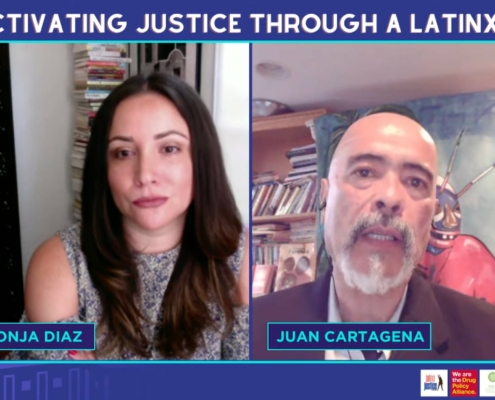
Activating Justice Through a Latinx Lens
What would our criminal legal system look like if it was…
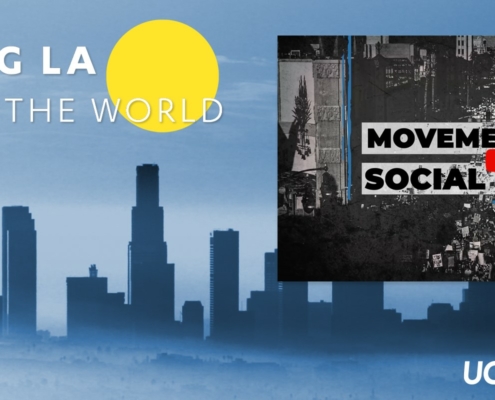
UCLA Division of Social Sciences Premieres “Movements for Social Justice” Video [UPDATED]
Just one day after a Minnesota jury took the unusual step of…
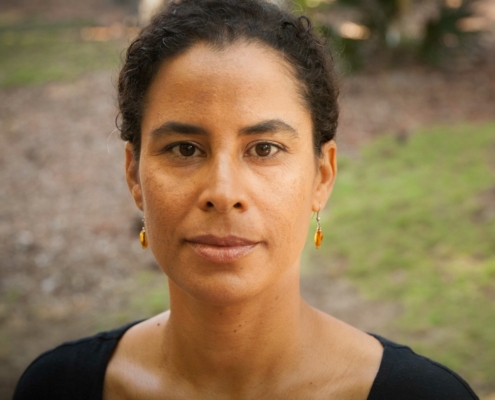
UCLA History Professor Elected to Pulitzer Board
Dr. Kelly Lytle Hernandez, professor of African American Studies,…
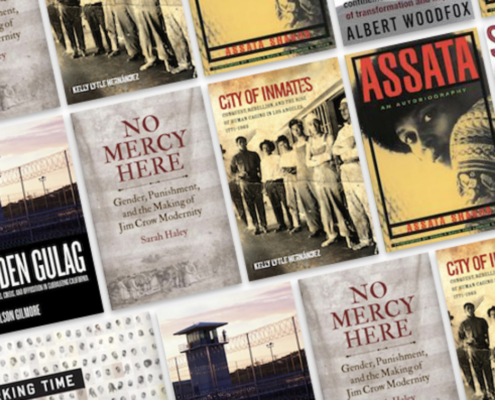
National Book Foundation’s Literature for Justice Program Selects Books by UCLA Professors
The National Book Foundation's Literature for Justice program…
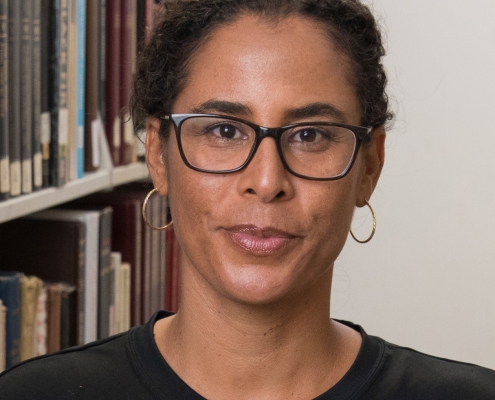
UCLA Professor Kelly Lytle Hernandez Named 2019 MacArthur Fellow
Dr. Kelly Lytle Hernandez, Professor of History and African…

